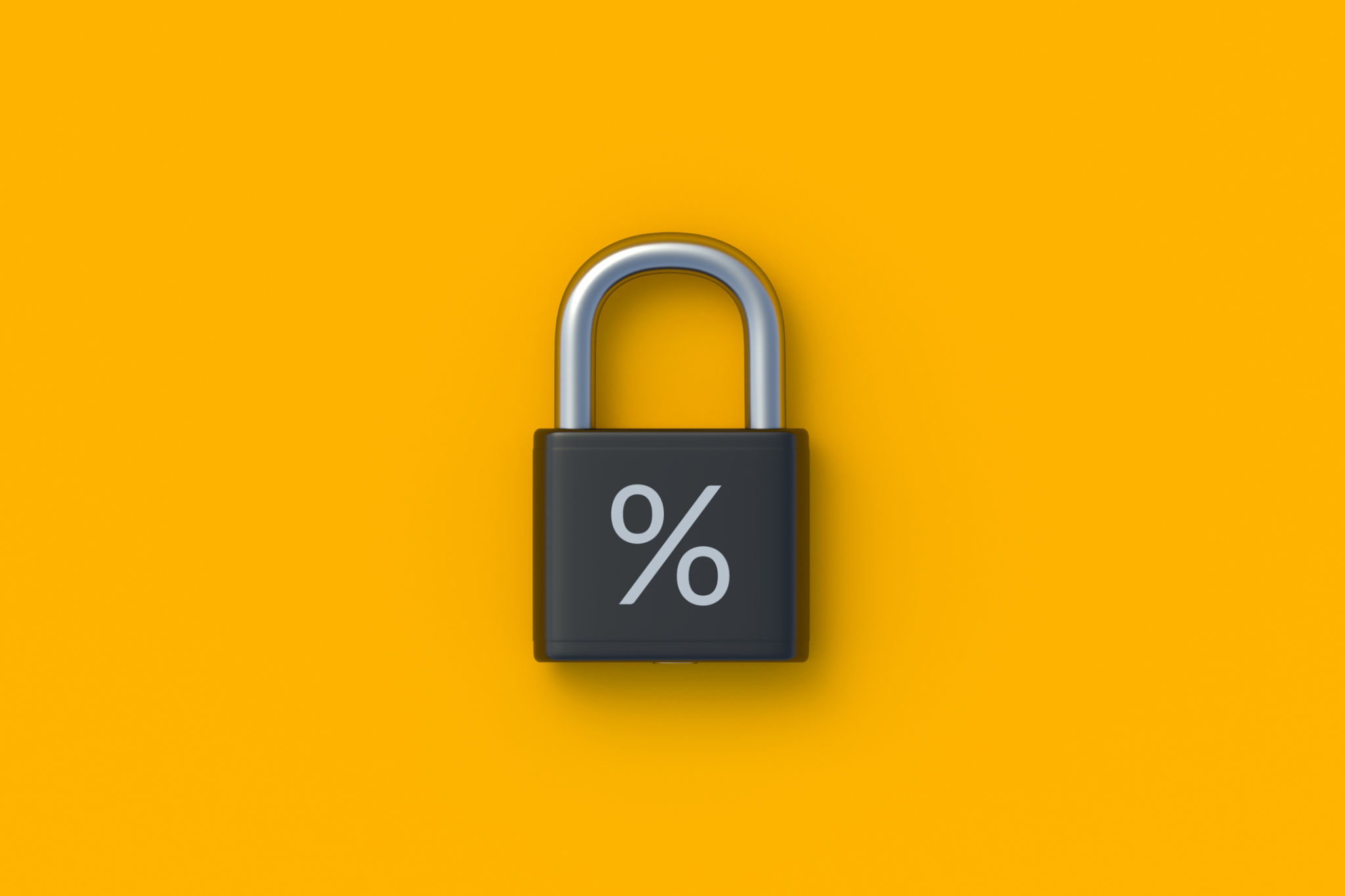Seasonal Lock Care: Preparing Your Home Security for Winter
Why Seasonal Lock Care Matters
As winter approaches, homeowners often focus on insulating their homes and preparing for the cold. However, one aspect that is often overlooked is the care and maintenance of locks and home security systems. Seasonal lock care is crucial to ensure your home remains secure during the harsh winter months. Cold temperatures, moisture, and ice can affect the functionality of your locks, making them more susceptible to damage and failure.
Neglecting lock maintenance can lead to frozen or jammed locks, which not only compromise your home’s security but also cause inconvenience. Taking a proactive approach to lock care helps you avoid these issues and maintain the integrity of your home’s security system.

Inspect and Clean Your Locks
Before the winter weather sets in, it’s essential to inspect all the locks in your home. Check for any signs of wear and tear or damage that might worsen with the cold. Cleaning your locks is also important. Dust, dirt, and debris can accumulate over time, affecting the lock’s mechanism. Use a soft, dry cloth to wipe away any residue from the exterior of the lock.
For interior cleaning, consider using a specialized lock lubricant. This will help keep the internal components moving smoothly and reduce the risk of freezing. Avoid oil-based lubricants, as they can attract dirt and cause further issues.
Lubricate Locks to Prevent Freezing
One of the most common problems during winter is frozen locks. To prevent this, make sure to lubricate your locks adequately. Use a graphite-based lubricant, which is ideal for cold weather conditions. Apply it to all moving parts of the lock, especially those exposed to the elements.
Pay special attention to locks on exterior doors, garages, and sheds, as they are more likely to experience freezing temperatures. Regular lubrication will help ensure that your locks function smoothly, even in the coldest weather.

Weatherproof Your Locks
Weatherproofing your locks can further protect them from harsh winter conditions. Consider installing weather-resistant covers or shields on exterior locks. These protective measures prevent moisture and ice from entering the lock mechanism and causing damage.
If you live in an area prone to severe weather, you might want to invest in high-quality, weather-resistant locks. These locks are designed to withstand harsh conditions and provide an extra layer of security for your home.
Addressing Frozen Locks
If you find yourself dealing with a frozen lock despite your best efforts, do not use force to turn the key. This can cause further damage to the lock. Instead, gently warm the key with your hands or a hairdryer before attempting to unlock it. For severe cases, a lock de-icer can be used to melt any ice inside the lock.

Upgrade Your Security System
Winter is also an excellent time to evaluate your overall home security system. Consider upgrading to smart locks or integrated security systems that offer enhanced features. Smart locks provide remote access, allowing you to control and monitor entry points even when you’re not at home.
These systems can offer peace of mind and add convenience, especially during the holiday season when you may be traveling or entertaining guests. Upgrading your security system is a worthwhile investment in your home’s safety and security.
Conclusion
Preparing your home security for winter involves more than just locking up at night. With proper seasonal lock care, you can ensure that your home remains secure and your locks function efficiently throughout the colder months. By taking these proactive steps, you’ll safeguard your property and enjoy a worry-free winter season.
